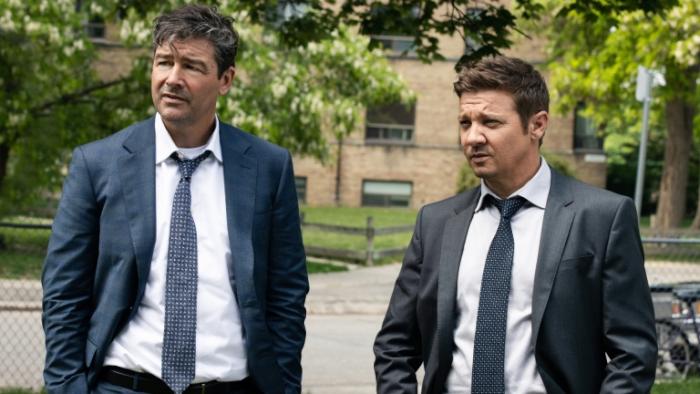Understanding the Role of Mayor of Kingstown

Introduction
The role of the Mayor of Kingstown has gained substantial attention in recent years, particularly due to its portrayal in popular media and the socio-political dynamics of the area. Kingstown, a fictional town depicted in the eponymous series ‘Mayor of Kingstown,’ shines a light on the complexities of power, crime, and community relations within a struggling American city. As viewers engage with the narrative, it is crucial to examine the implications of this role on real-life governance and the public’s perception of leadership in urban environments.
Overview of the Series
‘Mayor of Kingstown,’ created by Taylor Sheridan and Hugh Dillon, premiered on Paramount+ in November 2021. The series revolves around the McLusky family, who navigate the intricate world of incarceration and the criminal justice system in their hometown. The character of the mayor often serves as a focal point in this gritty narrative, portraying the challenges faced when addressing crime, poverty, and community unrest.
The Significance of Leadership
The show cleverly reflects broader themes related to real-world mayors and their responsibilities. An analysis of the character’s decisions and their impacts on the community reveals popular sentiments regarding urban governance. Critical issues such as corruption, public safety, and the struggle for economic development are represented, allowing viewers to consider how such matters translate into reality for actual mayors. Moreover, the narrative explores the mayor’s role as a mediator between the criminal factions and the local government, demonstrating the thin lines often crossed in politics.
Real-Life Context
While ‘Mayor of Kingstown’ is fiction, the issues it tackles resonate in cities and towns across the United States. The depiction of a mayor’s influence over law enforcement, business, and community well-being raises questions about accountability and ethical governance. Following the representation of Kingstown’s leadership in the series, discussions have emerged regarding the effectiveness of mayors in handling crime and community relations in real-life cities. Recent data from various urban centres indicates an increasing trend towards crime prevention strategies, stemming from these portrayals.
Conclusion
The ‘Mayor of Kingstown’ series serves as a reflection of urban challenges in contemporary society while providing a platform to critique and explore the nature of leadership. As the public continues to engage with this compelling narrative, it echoes the complexity and significance of the mayoral role in maintaining community stability. It invites viewers to reflect on their expectations of leadership and accountability, both in fiction and the realities of their own cities. The forthcoming seasons promise to delve deeper into these themes, ensuring the ongoing relevance of the mayor’s role in Kingstown and its echoes in our world.








